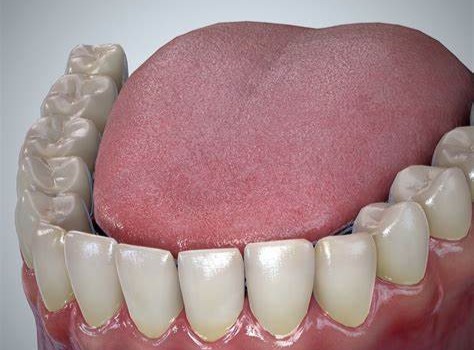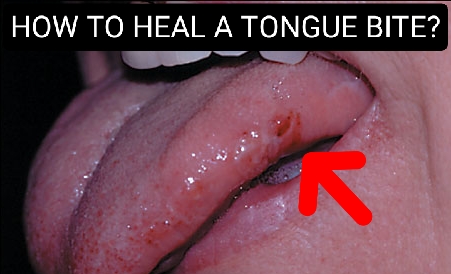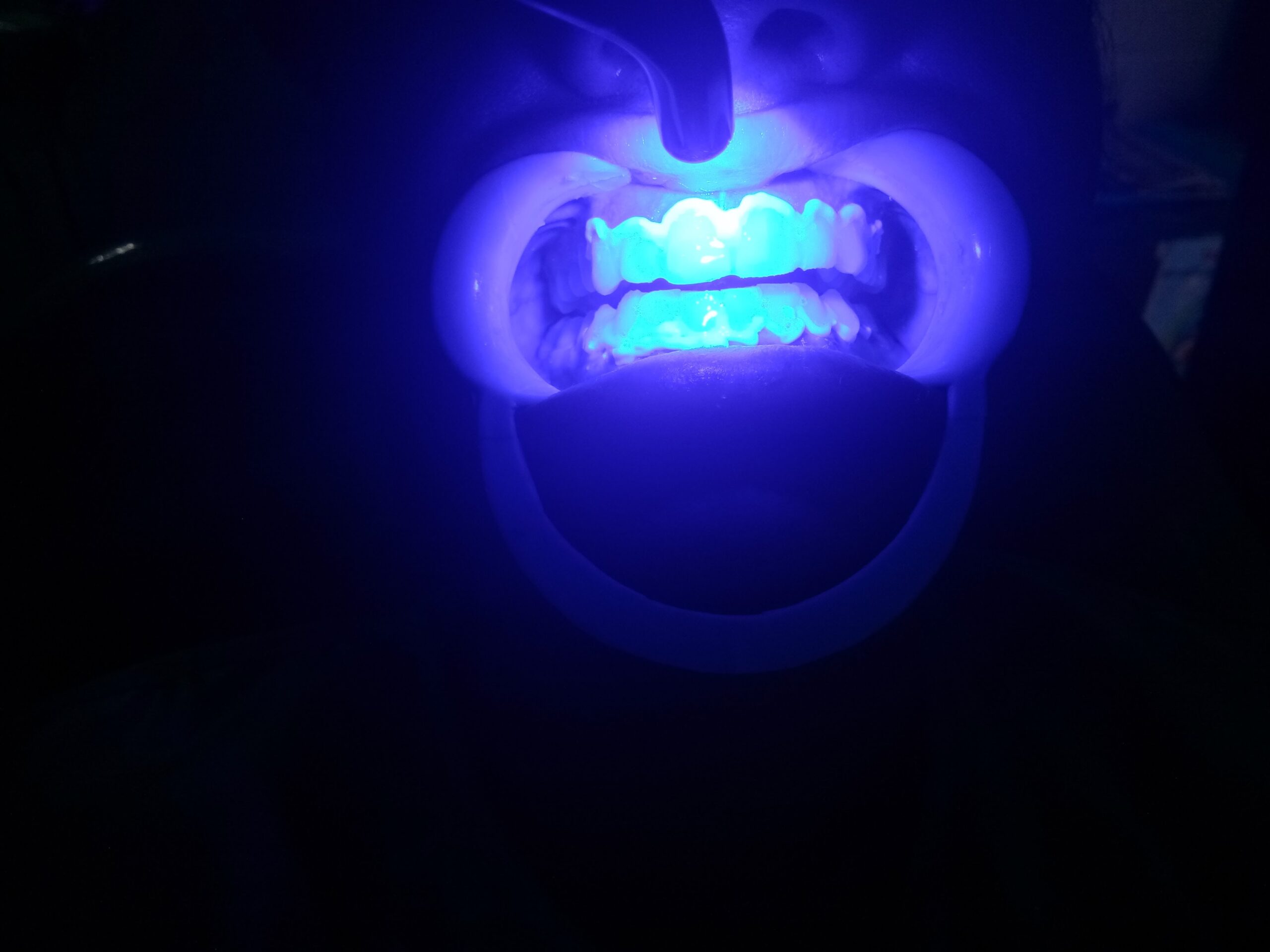Have you ever caught yourself pushing your tongue against teeth involuntarily, or have you been told you do it frequently? It may seem like a harmless habit, but constantly pushing your tongue against your teeth can cause a range of dental issues such as misalignment, speech problems, and changes in the shape of your tongue. Fortunately, there are ways to stop this habit and prevent any potential dental problems.
Effects Of Pushing Tongue Against Teeth
Pushing your tongue against your teeth can have several negative effects on your dental health, especially if done habitually over time. These effects include:
1. Tooth Misalignment:
Pushing your tongue against your teeth can cause them to shift out of place, leading to crooked teeth, bite problems, and other orthodontic issues.
2. Wear and Tear on Teeth:
When you push your tongue against your teeth, it can wear down the enamel and cause the teeth to appear flattened.
3. Lopsided Jaw Development:
Overusing one side of your tongue can lead to lopsided jaw development, where one side of the jaw appears larger than the other.
4. Difficulty Speaking and Chewing:
Tongue thrusting can affect your ability to speak and chew properly, leading to additional dental and oral health issues.
5. Occurrence of Mouth Breathing:
In some cases, pushing the tongue outward too frequently can cause mouth breathing, which can dry out the mouth, cause bad breath, or increase the risk of dental decay.
Tips To Stop Pushing Tongue Against Teeth
Here are some tips to help you stop pushing your tongue against your teeth.
1. Become aware of the habit
The first step to stopping the habit of pushing your tongue against your teeth is to become aware of when you do it. Try to pay attention to your tongue’s position throughout the day, especially during periods of stress or anxiety when the habit may be more prevalent.
2. Practice mindfulness or deep breathing techniques
Sometimes, the habit of pushing your tongue against your teeth can be linked to stress or anxiety. Practicing mindfulness or deep breathing techniques can help you manage these feelings and reduce the urge to push your tongue. Any relaxation technique like yoga, meditation or even finding a quiet place and focusing on your breath for a few minutes can be helpful.
3. Practice proper tongue placement
Learning the proper tongue placement can help you break the habit of pushing your tongue against your teeth. The correct tongue posture should be with the tip of your tongue resting on the roof of your mouth behind your front teeth. Keeping your tongue in this position will help you become more conscious of the habit of pushing it against the teeth and replace it with healthier tongue placement.
4. Chew gum
Chewing gum can be a simple and effective way to prevent pushing your tongue against your teeth. The act of chewing helps to keep the tongue in place and diverts the energy that would otherwise go towards the habit of pushing the tongue against the teeth. Try chewing sugar-free gum during your workday to keep your tongue in place, and to help break the habit.
5. Seek professional help
If you find that you are unable to stop the habit of pushing your tongue against your teeth on your own, seeking professional help may be necessary. A dentist or speech therapist can help you identify any underlying problems and help you find effective ways to stop the habit.
Conclusion
In conclusion, the habit of pushing your tongue against your teeth can lead to significant dental issues if not addressed early on. By becoming aware of the habit, practicing proper tongue placement, finding relaxation techniques, chewing gum, and seeking professional help if necessary, you can break this habit and prevent potential dental problems in the future.
FAQs
Q: Is it bad to push my tongue against my teeth?
A: Yes, it can lead to dental and orthodontic problems.
Q: Why is it bad to push my tongue against my teeth?
A: The pressure from the tongue can put stress on the teeth and cause them to shift out of their proper position.
Q: What is the proper resting position of my tongue?
A: The proper resting position is against the roof of your mouth, not against your teeth.
Q: How can I train myself to keep my tongue in the proper position?
A: You can try different exercises to strengthen the muscles in your mouth and train your tongue to rest in the proper position.
Q: What are the benefits of keeping my tongue in the proper position?
A: Keeping your tongue in the proper position can help improve oral health, prevent dental and orthodontic problems, and even improve breathing and posture.
Q: How long does it take to see results from tongue posture exercises?
A: It can take several weeks to several months to see results, depending on the individual.
Q: Can an orthodontist help with tongue posture issues?
A: Yes, an orthodontist can provide guidance and treatment options to correct tongue posture issues.
Q: What if I have difficulty keeping my tongue in the proper position?
A: You may benefit from working with a speech-language pathologist who can provide exercises and therapy to help improve tongue posture.




